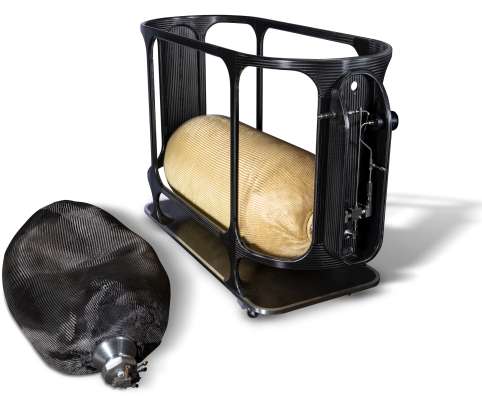Universal Hydrogen secures additional $62M in financing to accelerate first test flight of hydrogen-powered regional aircraft to 2022
Green Car Congress
OCTOBER 15, 2021
Universal Hydrogen closed a $62-million new funding round; the oversubscribed round was completed less than six months after the company’s Series A ( earlier post ), bringing total raised to $85 million. Full-scale prototype of Universal Hydrogen's gaseous hydrogen module, with one capsule removed.

















Let's personalize your content